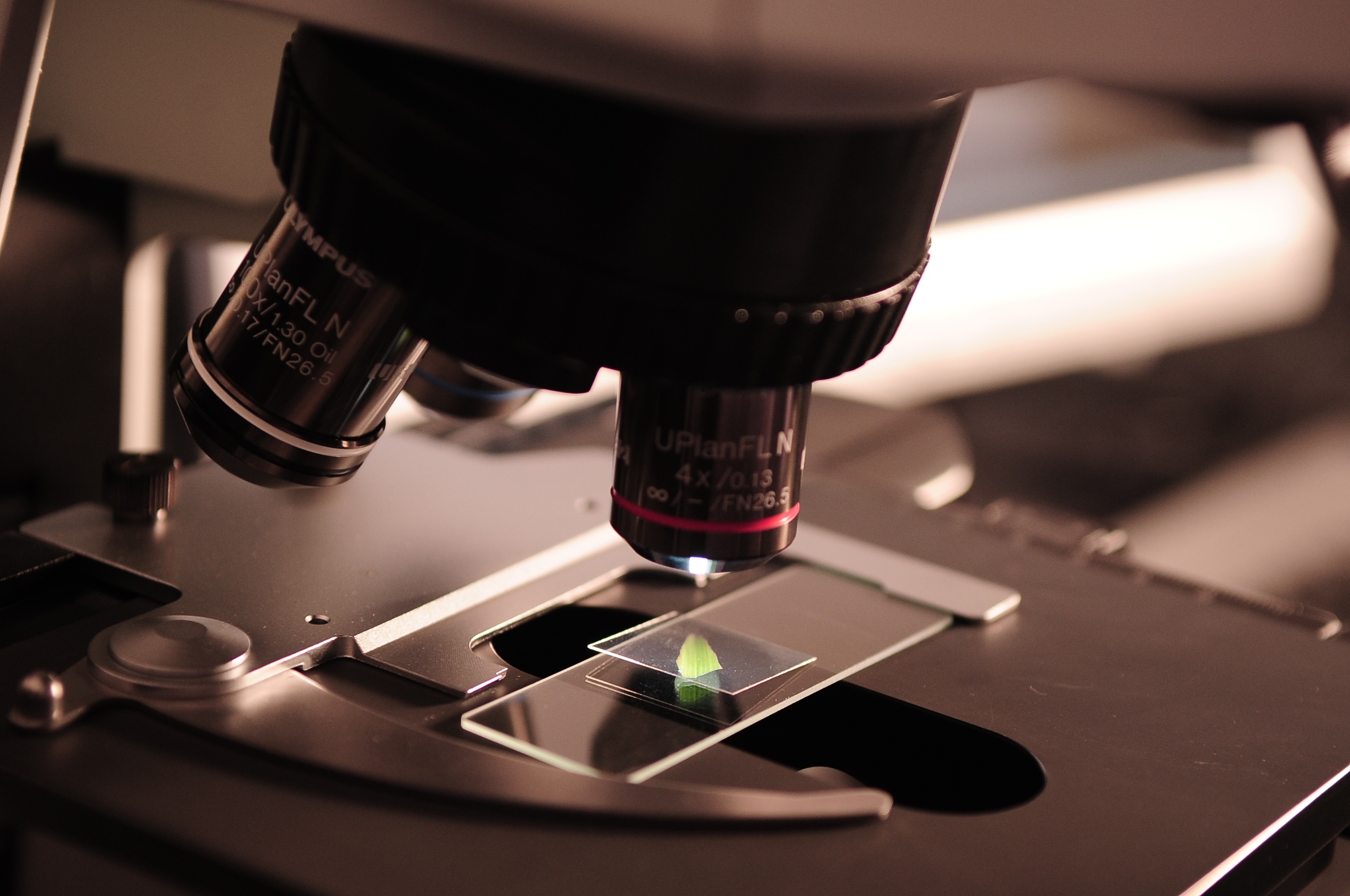
2008
Marcus Peter, Ph.D.
Professor, The Ben May Department for Cancer Research, University of Chicago
Treatment of Cancer by Targeting its Embryonic Properties
Treatment of Cancer by Targeting its Embryonic Properties
The biggest problem in cancer therapy is the ability of almost all human cancers to acquire resistance to all forms of chemo- or radiation therapy. One model describes cancer as cells that are exposed to environmental influences that reactivate cellular programs normally found in cells during embryonic development. According to this hypothesis, the process of tumor progression resembles that of a cell reversing to an embryonic state.
We recently identified a cellular component, a micro RNA called let-7, as a marker for more specialized cancer cells and found that it is lost during tumor progression in many human cancers. Let-7 has also been linked to resistance to both chemotherapy and radiation therapy, making it an attractive reagent to treat cancer. Additionally, we have discovered a set of twelve genes that are controlled by let-7 and now hypothesize that among this set of genes is a link between let-7 and the drug resistance that is observed in human cancer patients after chemotherapy. This proposal aims at identifying the genes that cause resistance to many forms of cancer therapy with the goal to identify novel targets for cancer treatment.